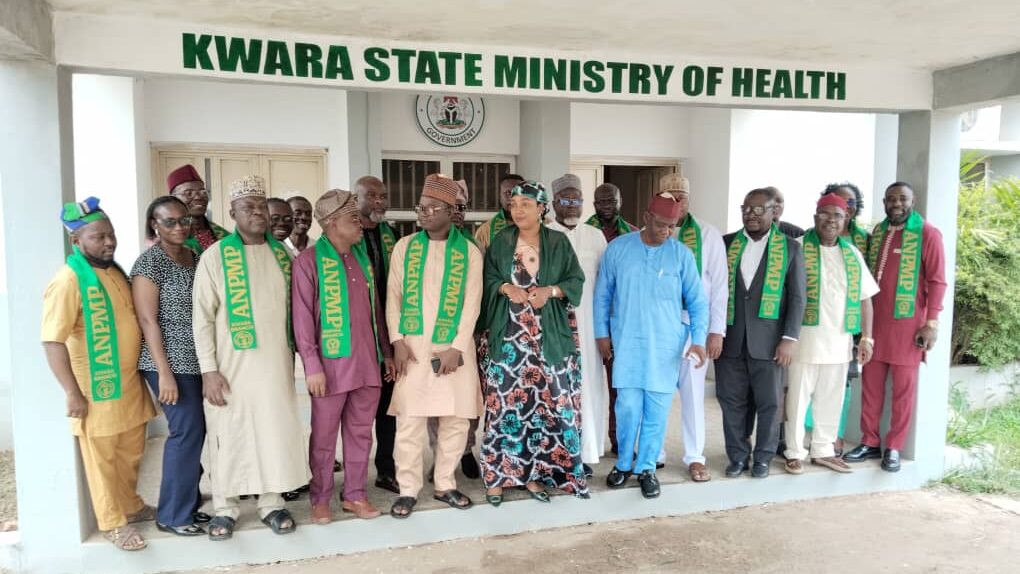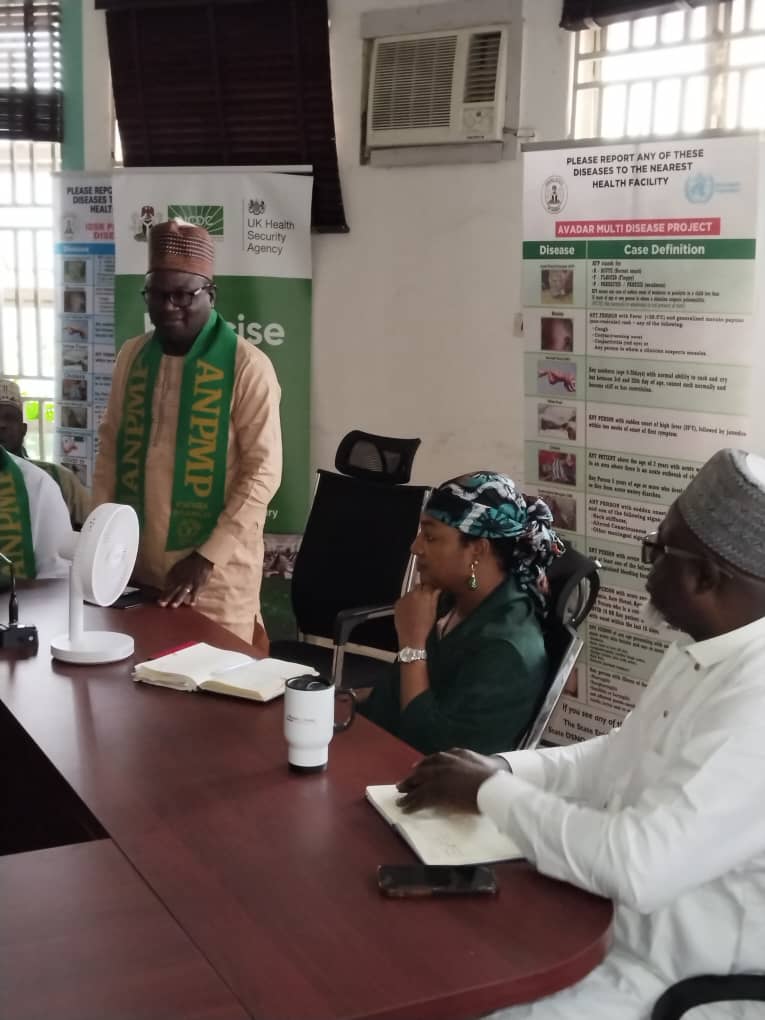
The Association of Nigerian Private Medical Practitioners, ANPMP, has concluded its National Executive Council NEC,meeting, with a strong call for the government to address critical issues plaguing the nation’s health sector.
Key among their demands are the immediate payment for emergency services rendered by private facilities, a more proactive stance against quackery, and urgent measures to stem the alarming rate of brain drain.
The three-day meeting between July 10th and 12th was held in Ilorin, the Kwara State capital.
The NEC meeting brought together national officers, state chairmen, and secretaries from across Nigeria, alongside prominent figures in the medical community, including the Kwara State NMA Chairman, Professor Abdulrahman Afolabi, and the immediate past NARD President, Dr. Dele Abdullahi.
A communique issued by the association was signed by Dr Kay A Adesola, ANPMP President, Secretary General, Dr. Gbadebo Adebiyi, and the Publicity Secretary, Dr. Nasir Abdullah.
A major point of contention highlighted by the ANPMP is the persistent non-payment for emergency services provided by private facilities since the establishment of the National Emergency Medical Services and Ambulance Sector (NEMSAS).

The association stressed that this overdue payment is crucial for fairness to private practitioners and to ensure quality and timely care for citizens.
They further resolved that all standard health facilities should be involved in emergency care and be eligible for reimbursement, with clear guidelines to reduce mortality rates.
The ANPMP expressed grave concern over the continued threat of quackery to healthcare delivery in Nigeria, urging the government to adopt a more proactive approach in its fight.
Similarly, the association highlighted the severe impact of brain drain, with a significant loss of medical manpower to “greener pastures.”
They called on the government to provide better incentives, such as grants, health bank initiatives, single-digit loans, improved working conditions, and career-fulfilling opportunities to encourage healthcare professionals to remain in the country and strengthen the local healthcare sector.
Averting Impending Strike and Addressing Multiple Taxation With the Nigerian Medical Association (NMA) issuing a 21-day ultimatum for doctors’ industrial action, the Associaton urged the government to engage with the NMA immediately to avert the impending strike.
The association stressed that the industrial disput would exacerbate manpower loss, with dire consequences for the health of Nigerians.

They also expressed concern over what the association described as an unabated growing burden of multiple taxation” imposed by various levels of government and regulatory bodies on private healthcare providers.
The ANPMP called for favorable government policies to encourage private health sector investment rather than the current discouraging practices.
While commending the attempt by Federal Ministry of Health to improve drug prescription and dispensing through the Nigerian National Prescription and Dispensing Policy (NNPDP) Committee, the ANPMP criticized the draft for “obvious flaws both in substance and in legal foundation,” particularly its disregard for clinical competence, accountability, and patient safety.
They demanded a more inclusive policy that embraces constitutional, statutory, and ethical frameworks, allowing for the ANPMP’s contributions as a significant stakeholder.
The meeting also mourned the loss of many medical colleagues due to insecurity across the country, urging the government to fulfill its constitutional role of ensuring the safety of lives and property.
The NEC “frowned at the state of management of ANPMP affairs in Abia State” and unanimously adopted the recommendations of the Omolola-led Conflict Resolution Committee for full and prompt implementation.
In the communique, the ANPMP reiterated that making good healthcare services accessible and affordable to Nigerians is a right, not a privilege, emphasizing the need for strong collaboration among policymakers, public and private healthcare stakeholders to achieve the goal.
By Muibat Usman

